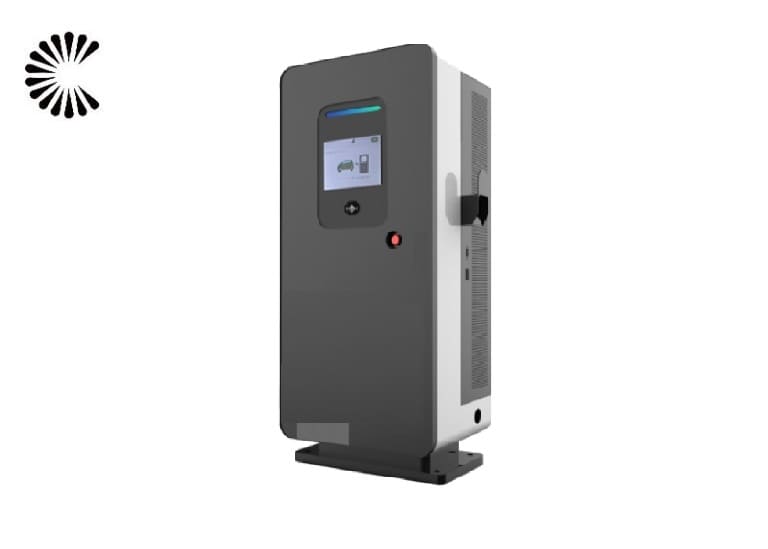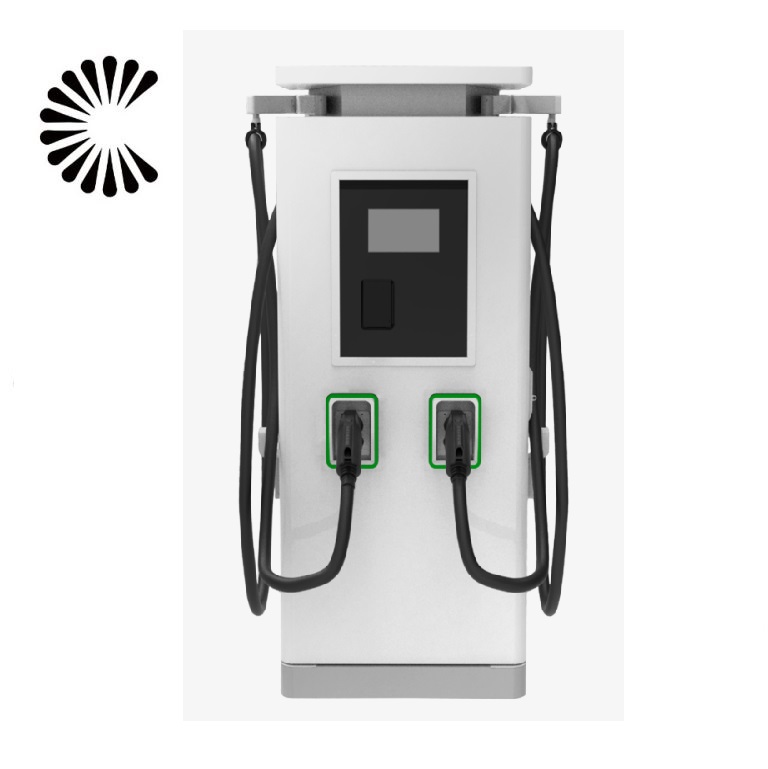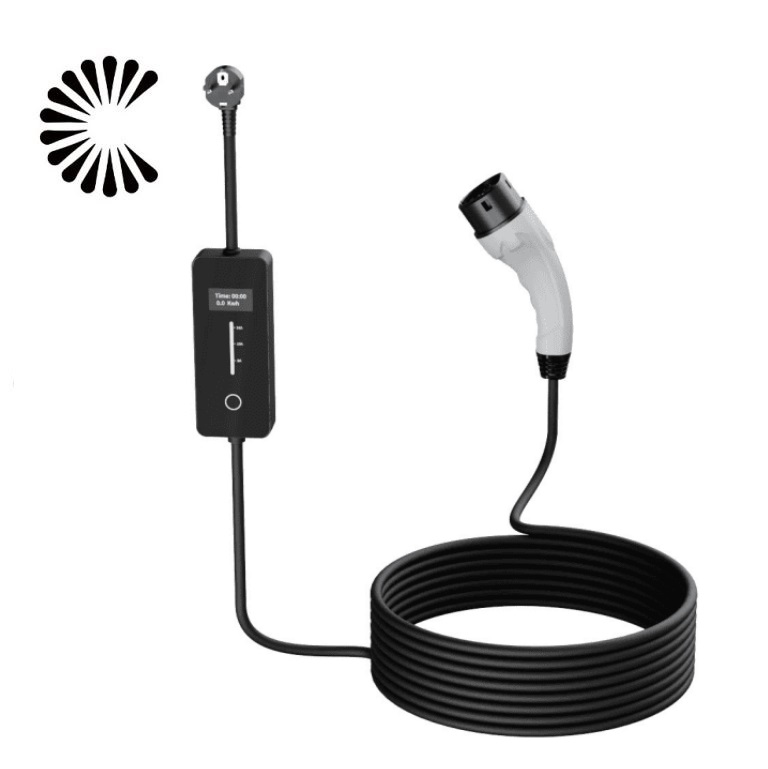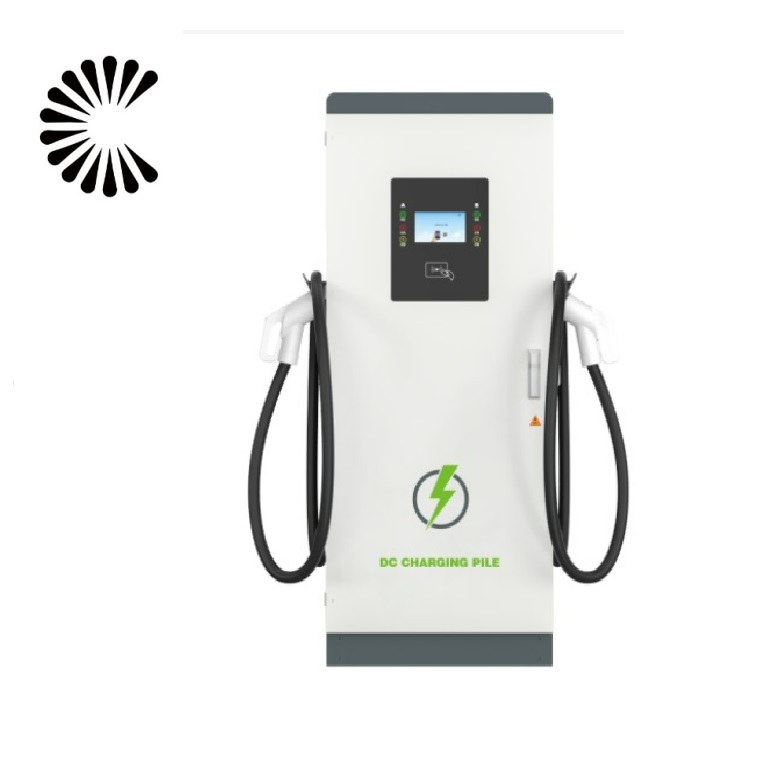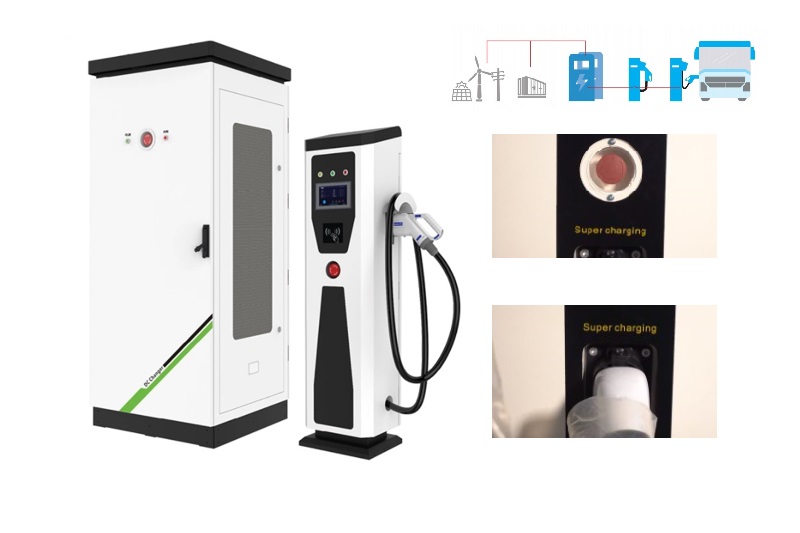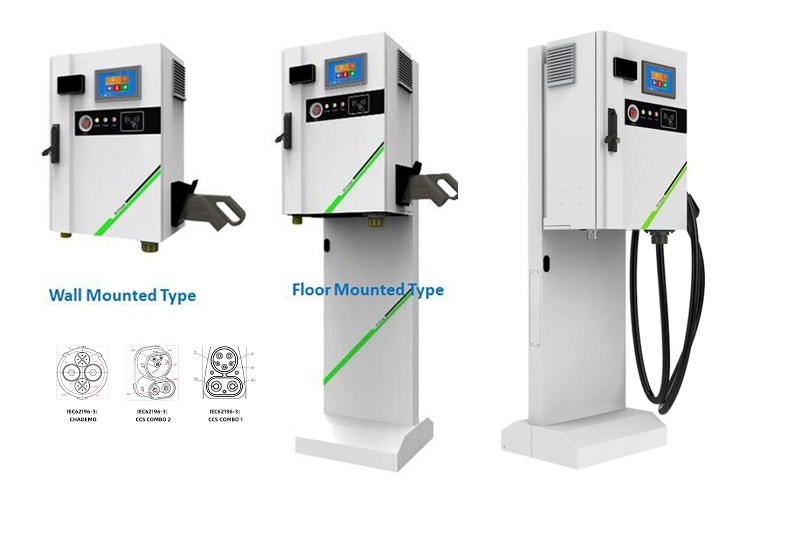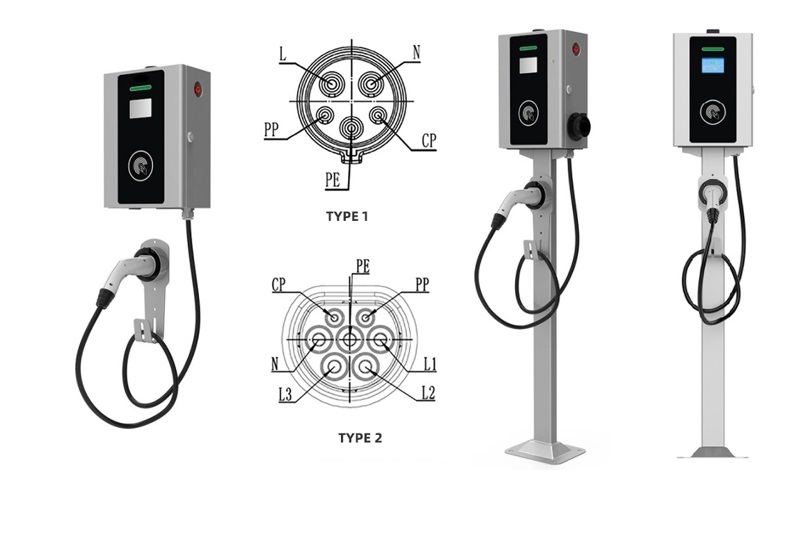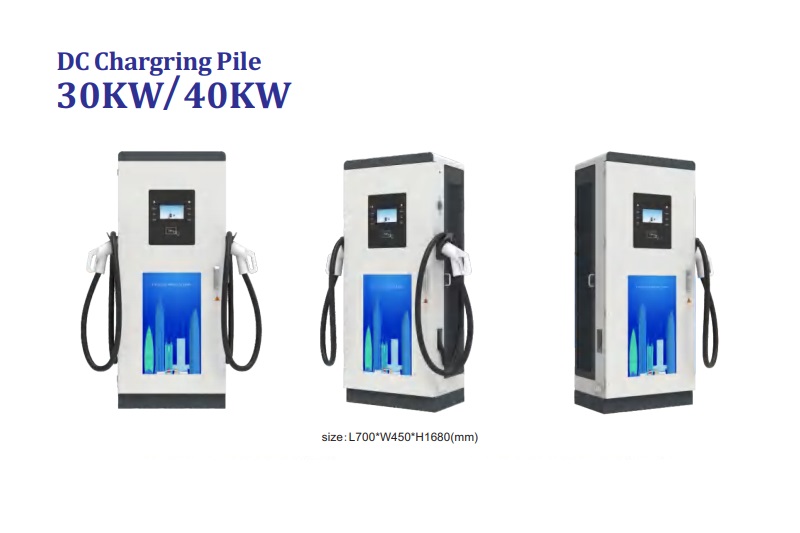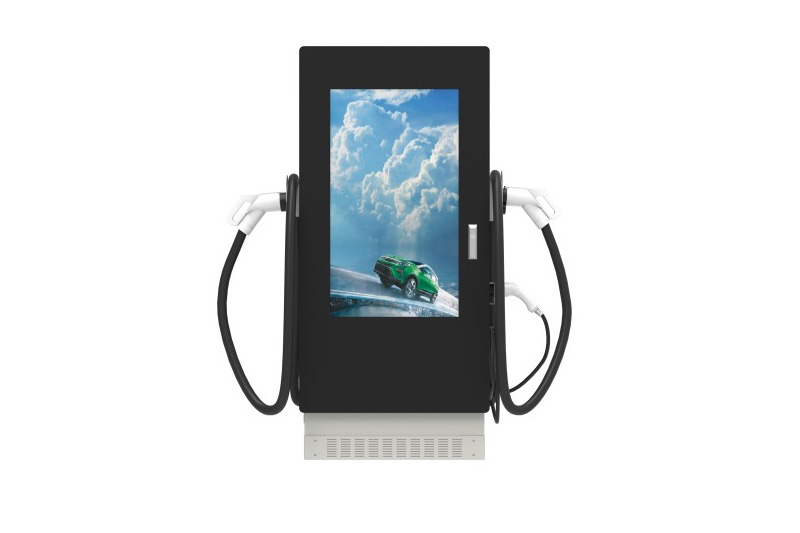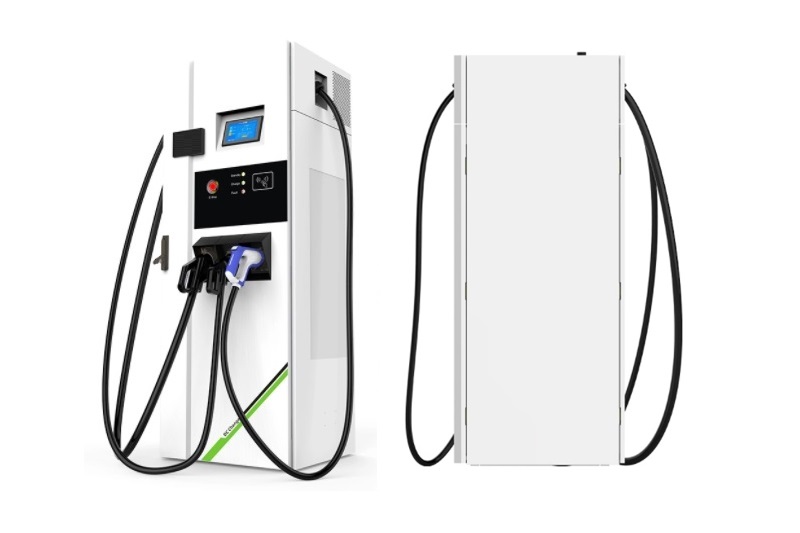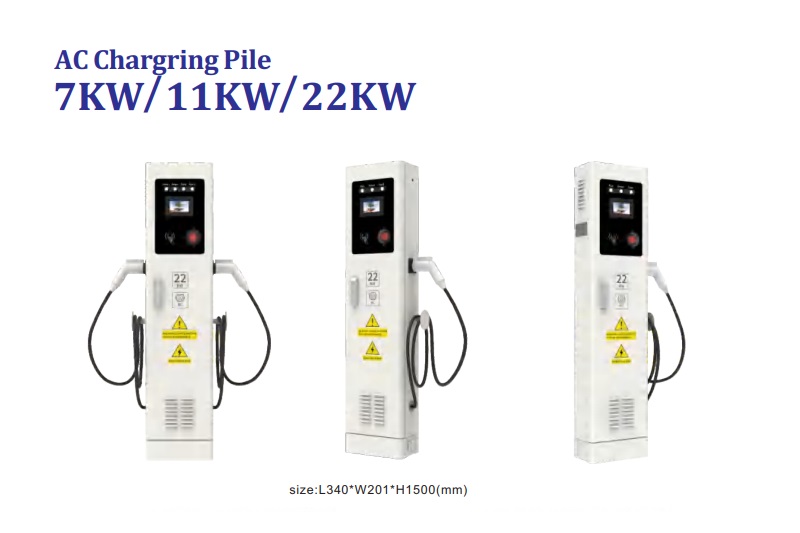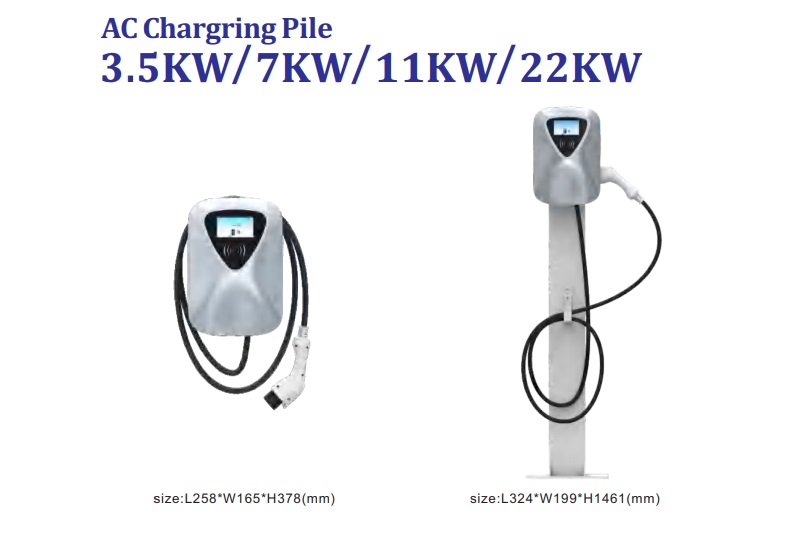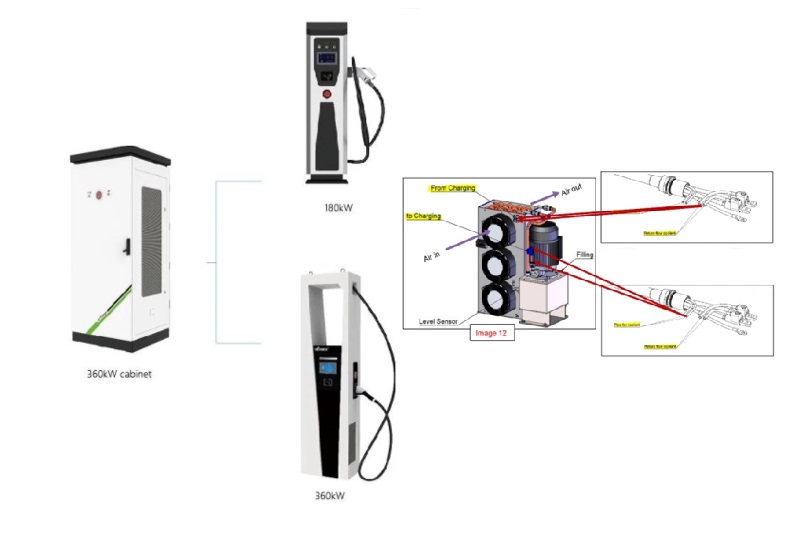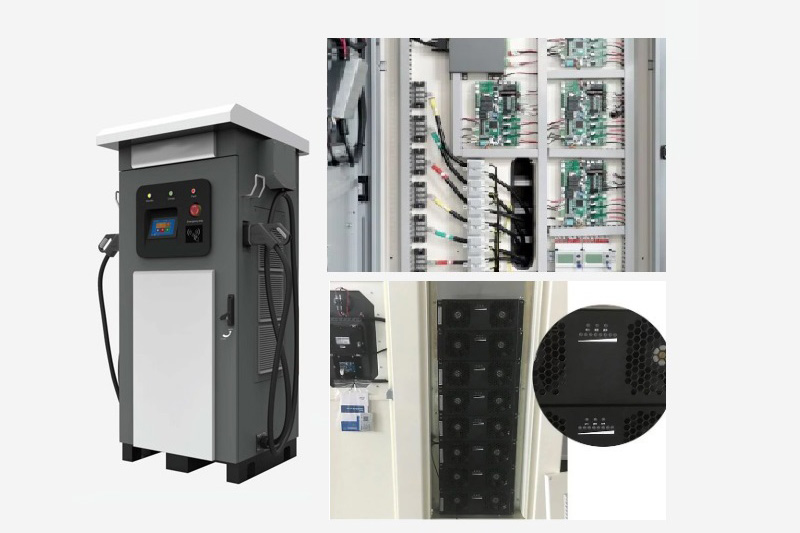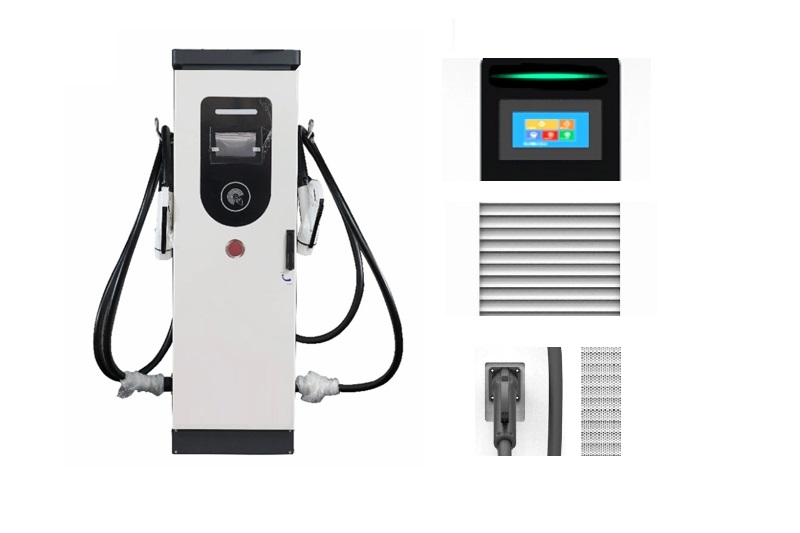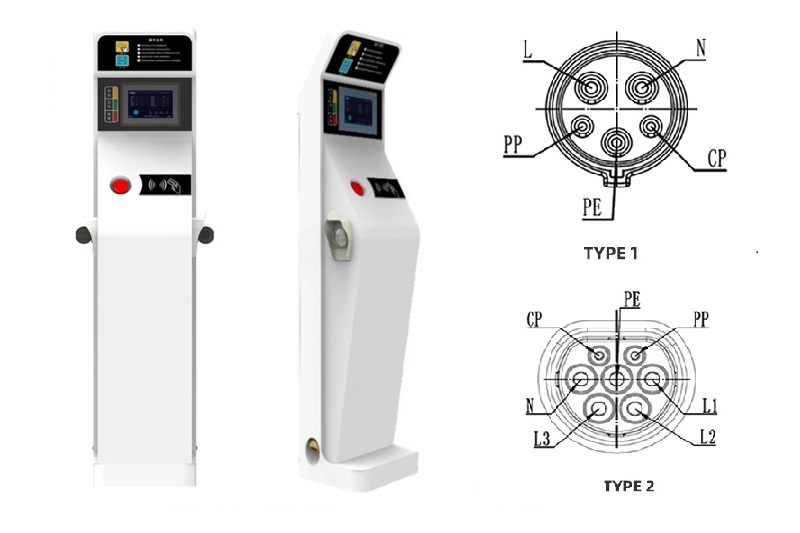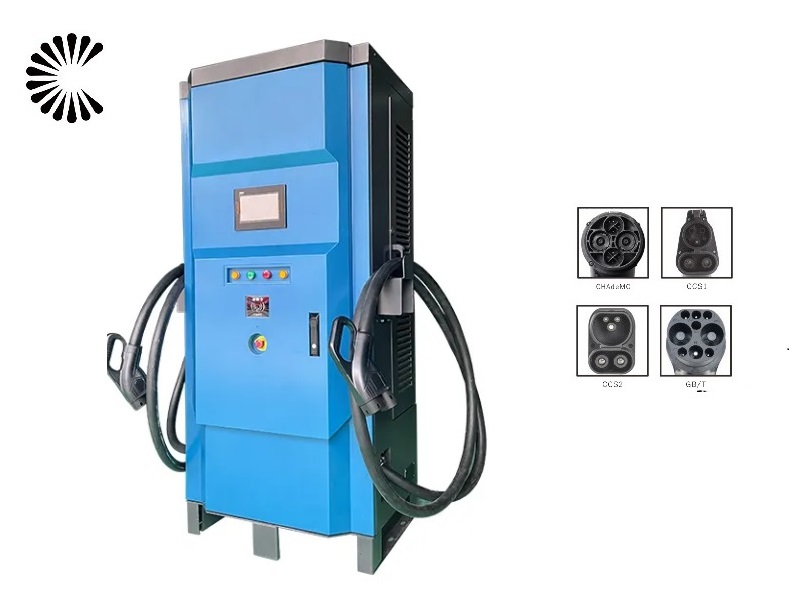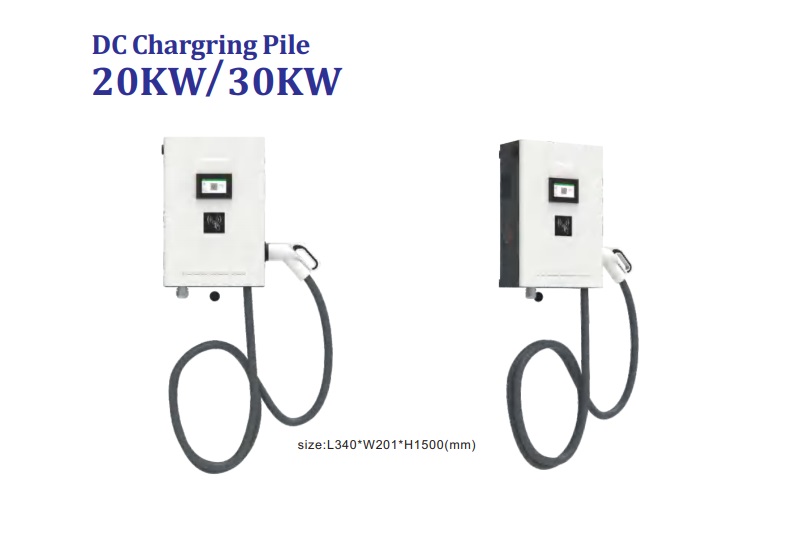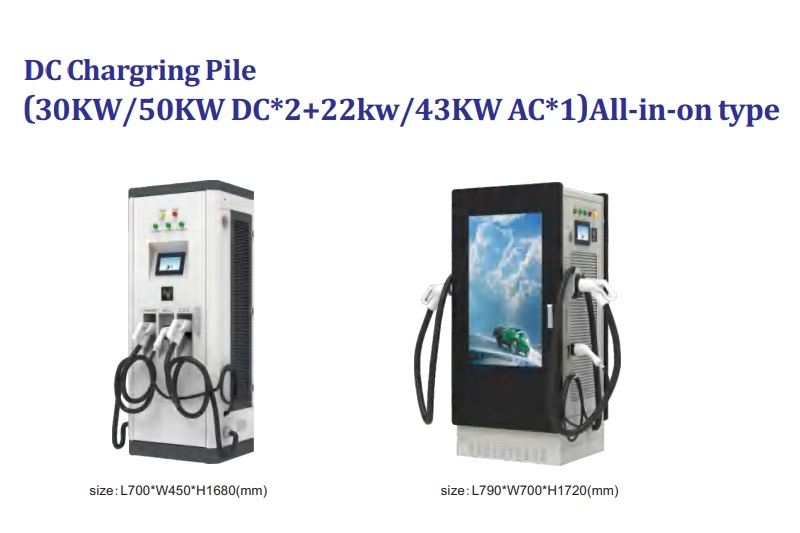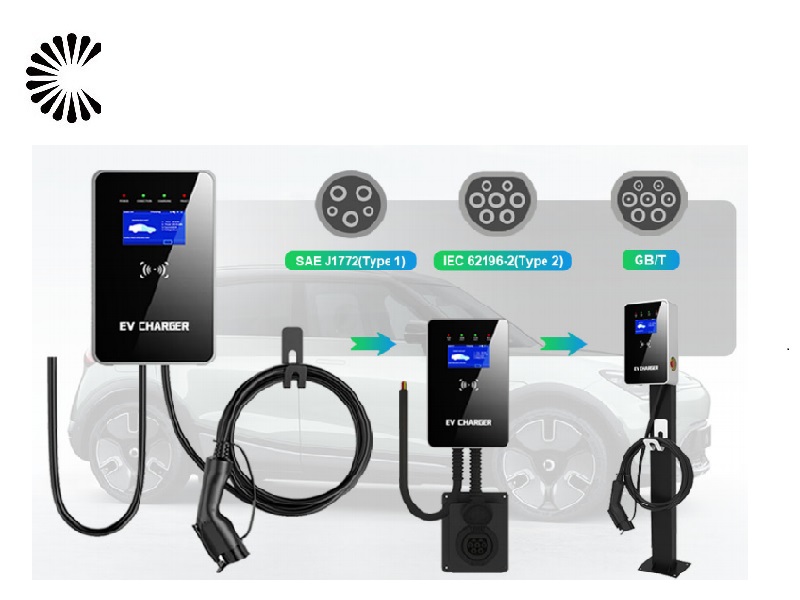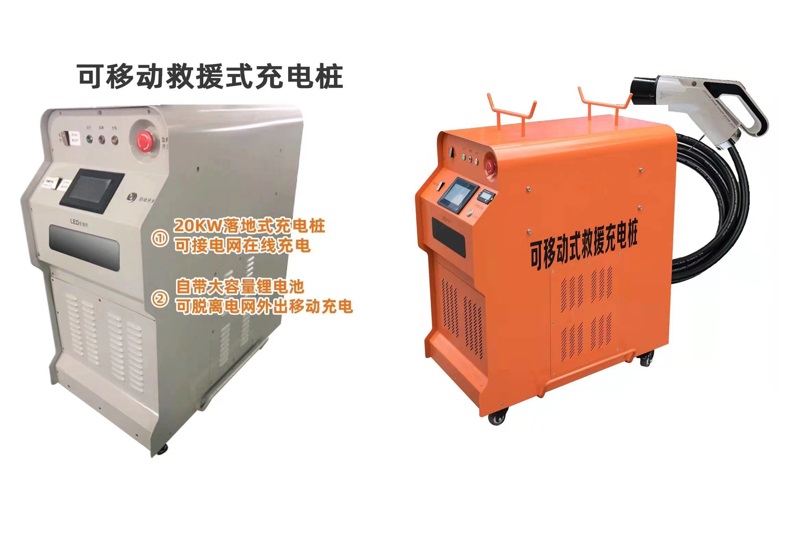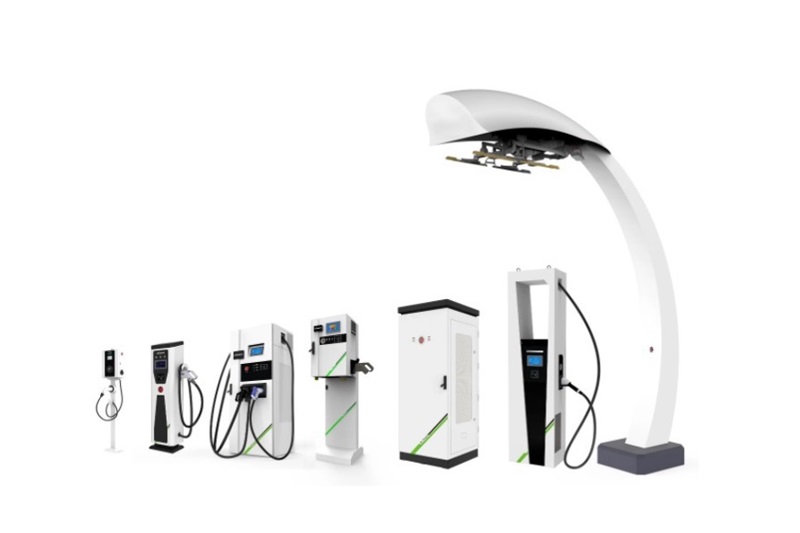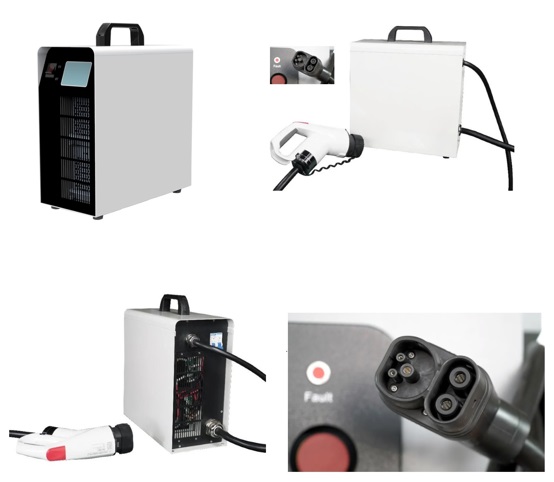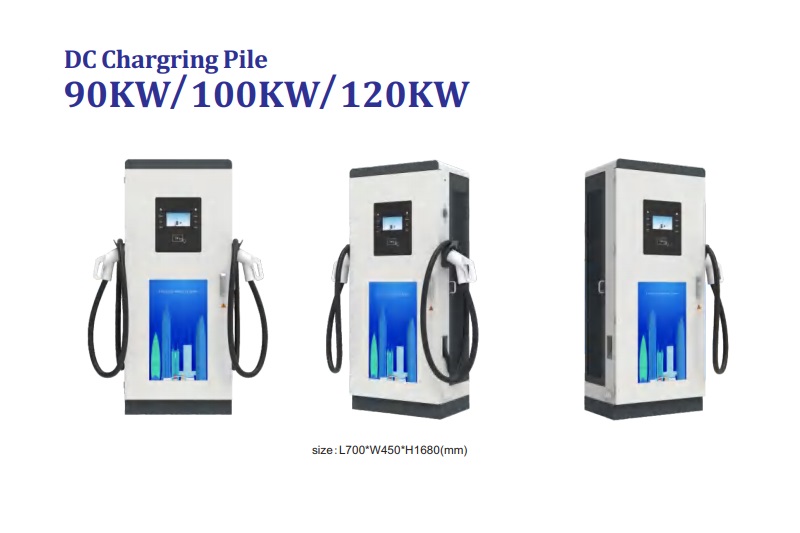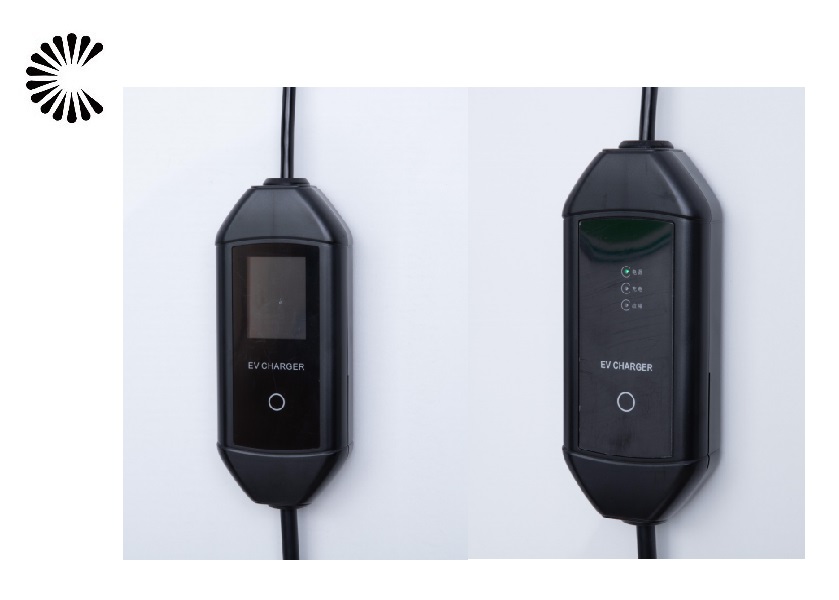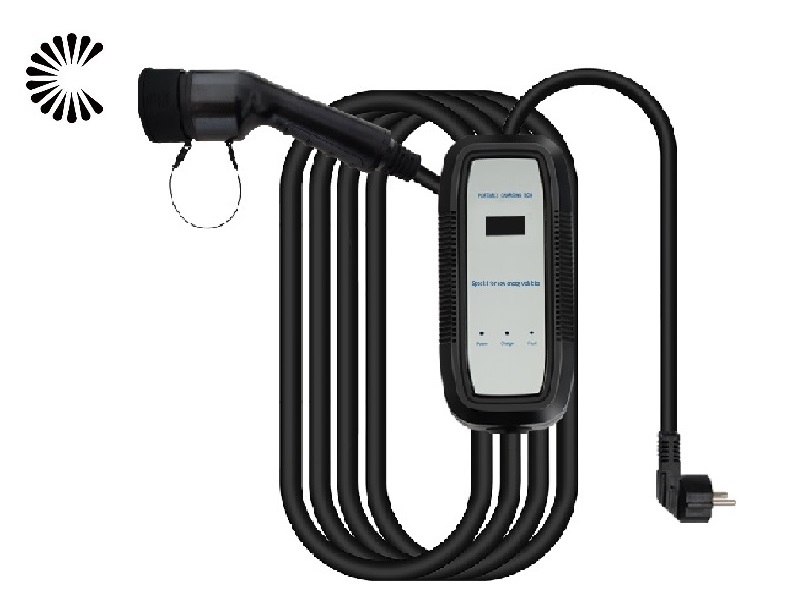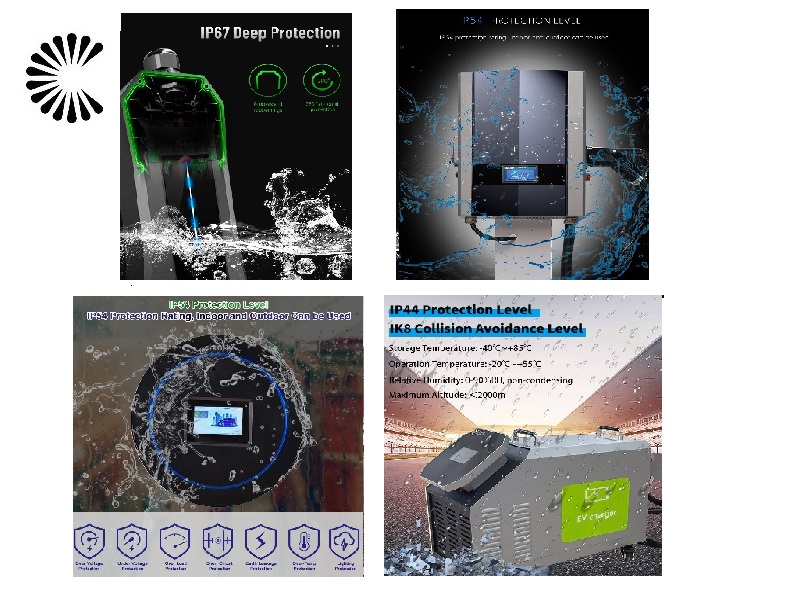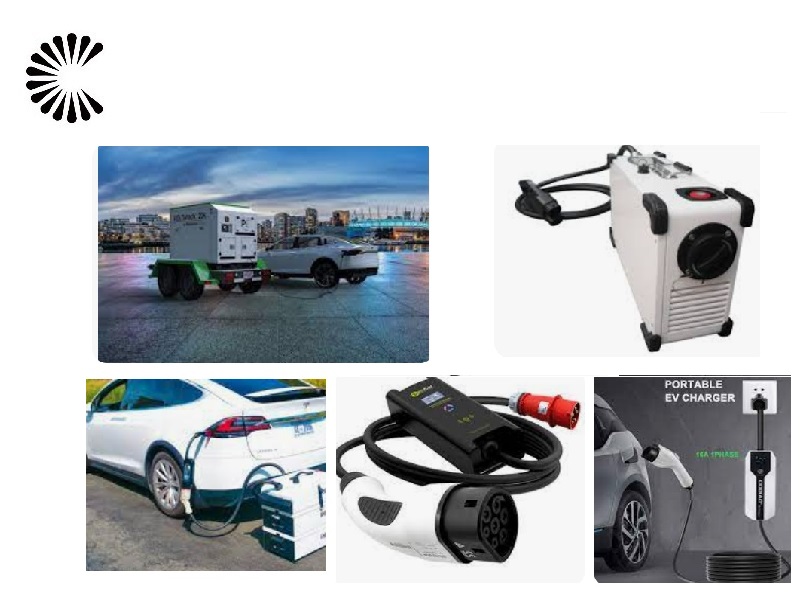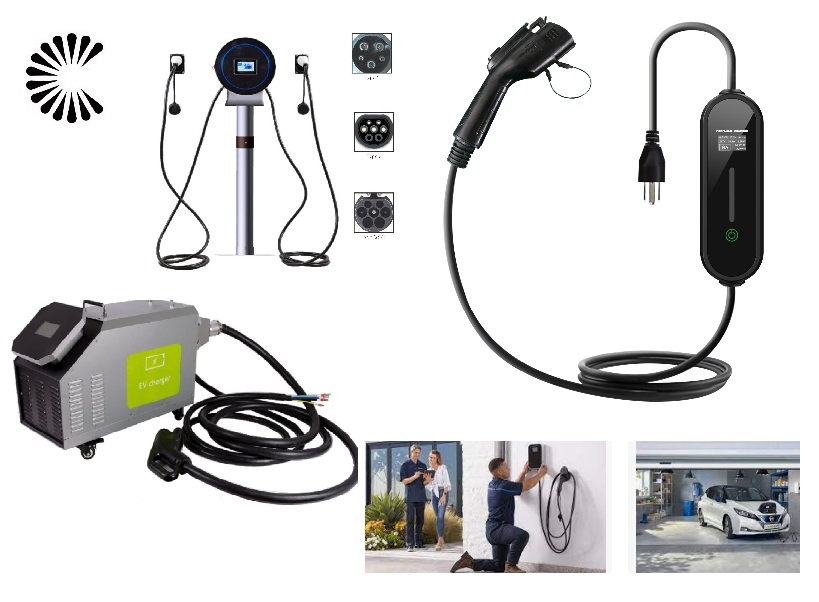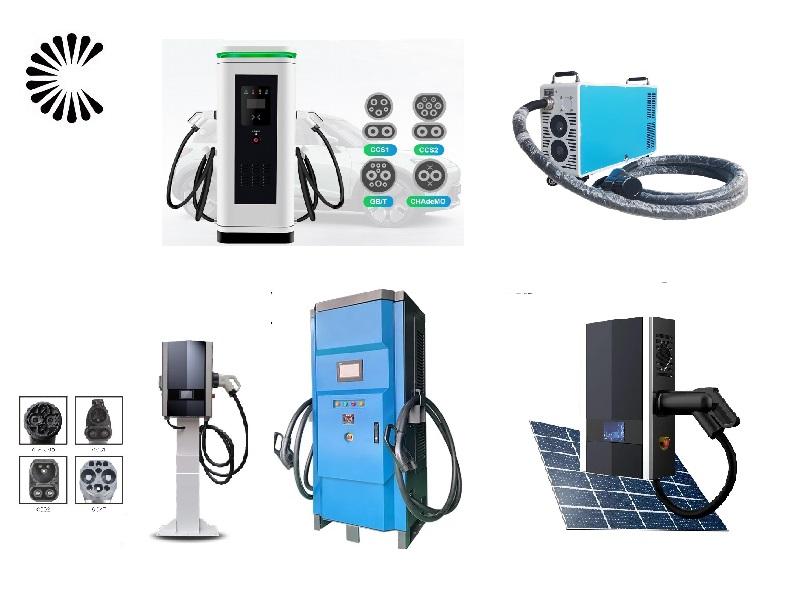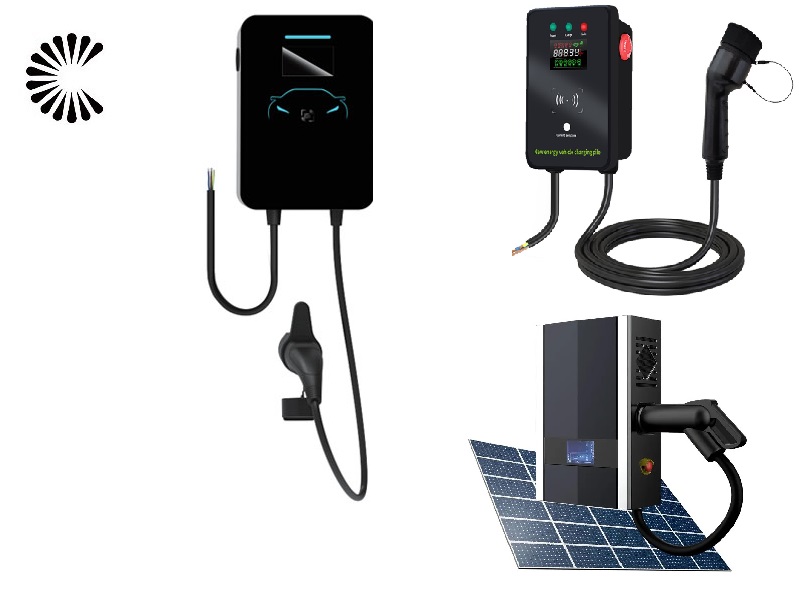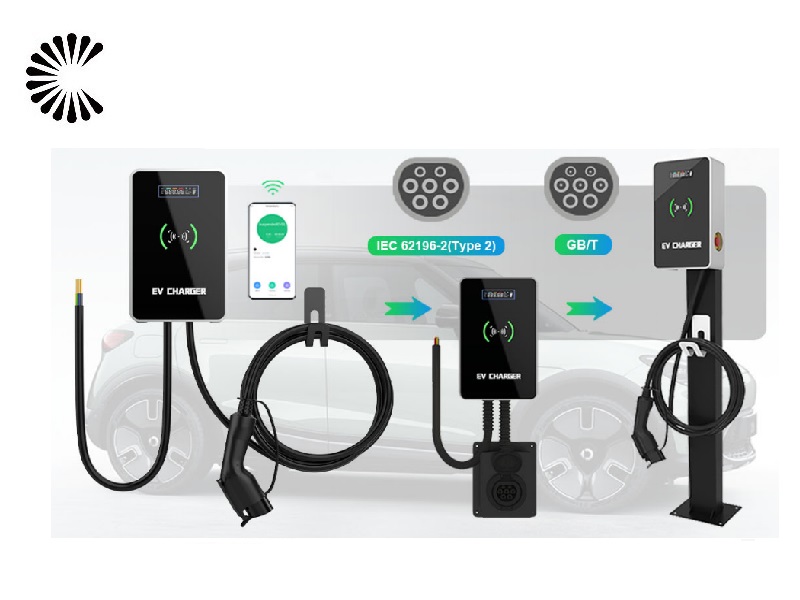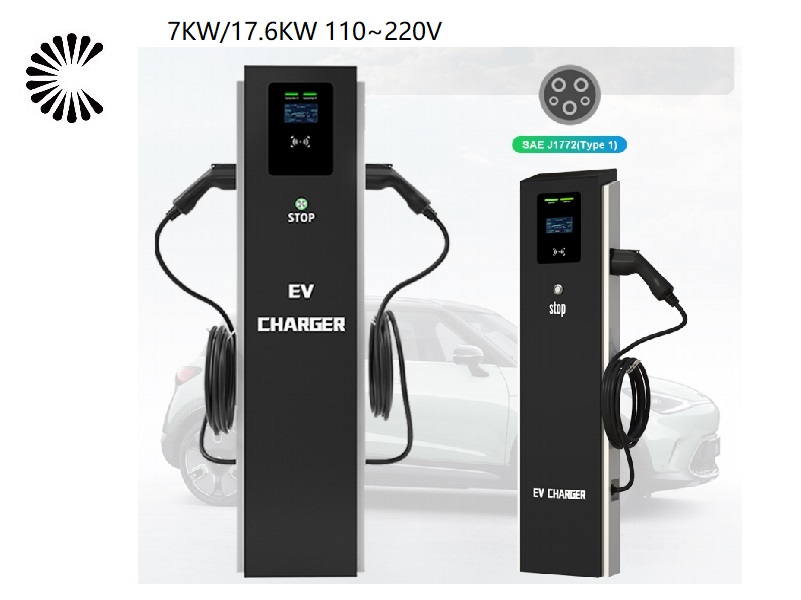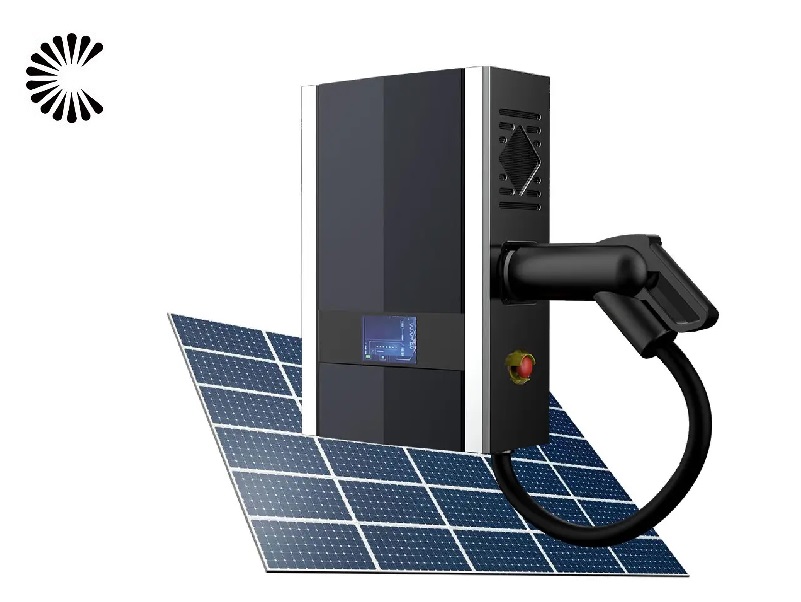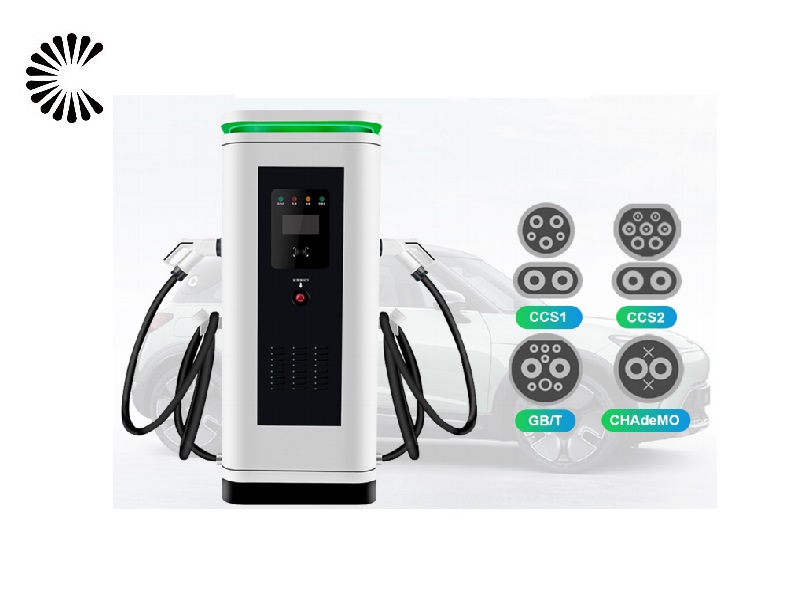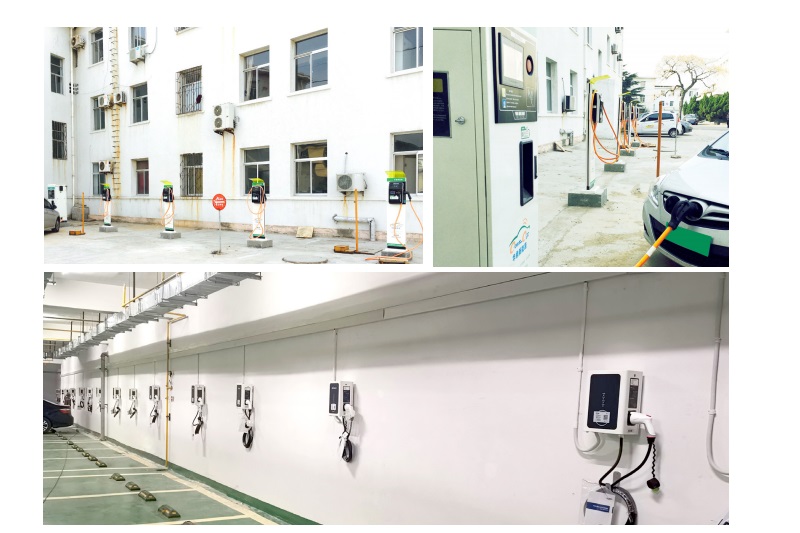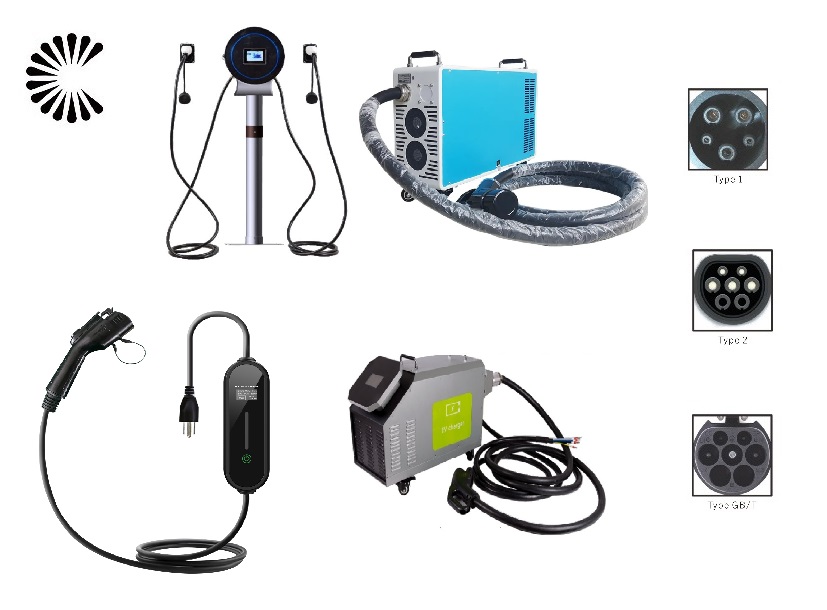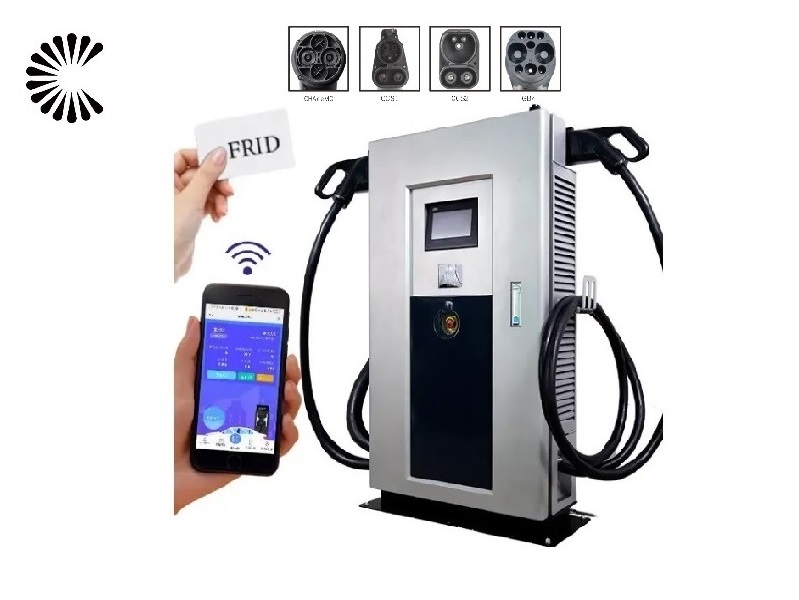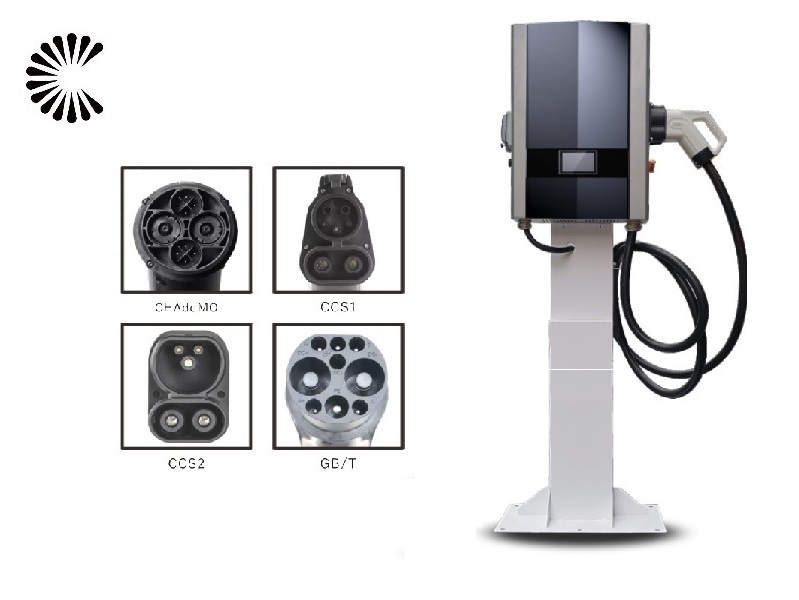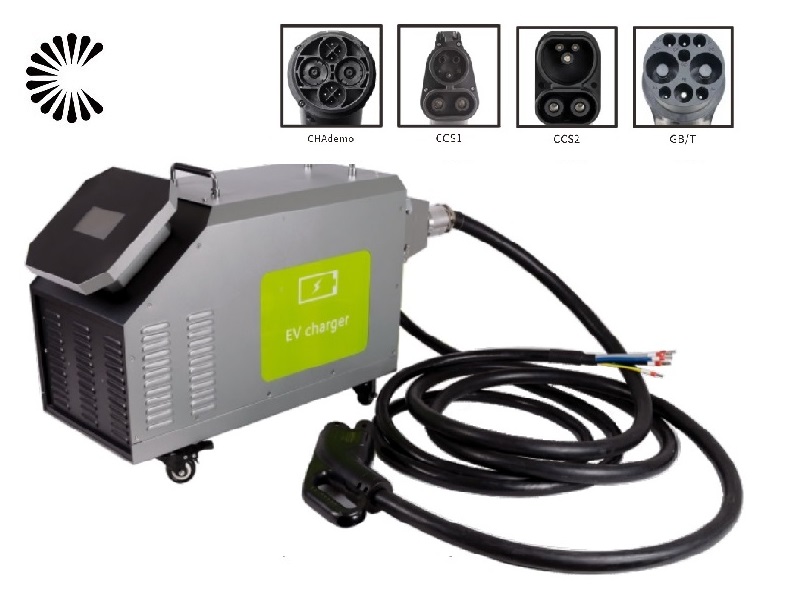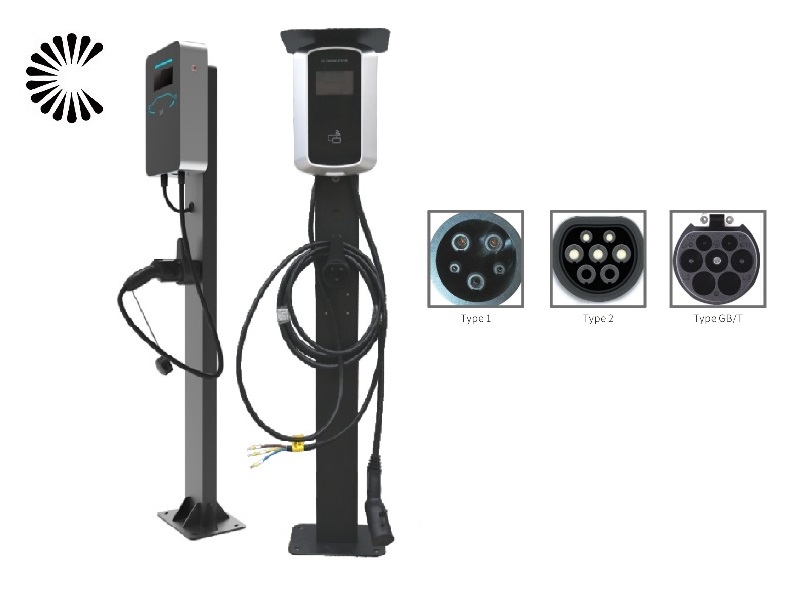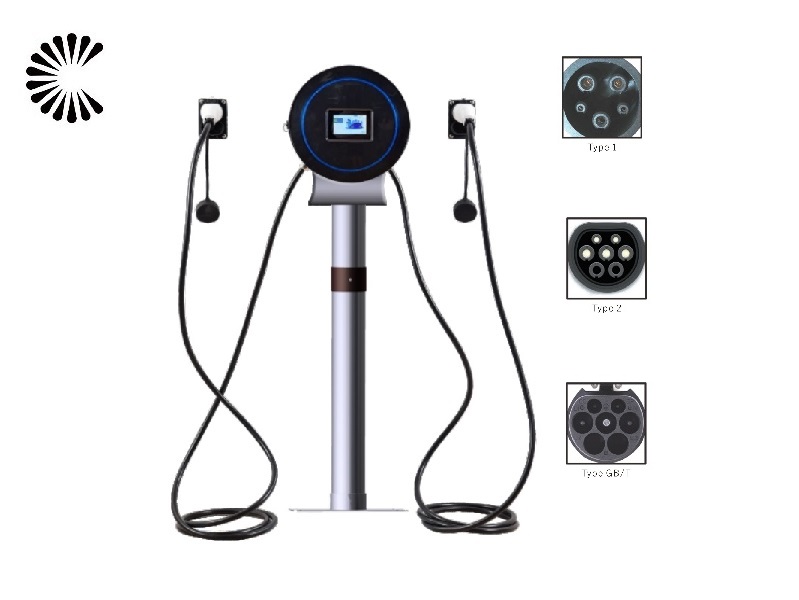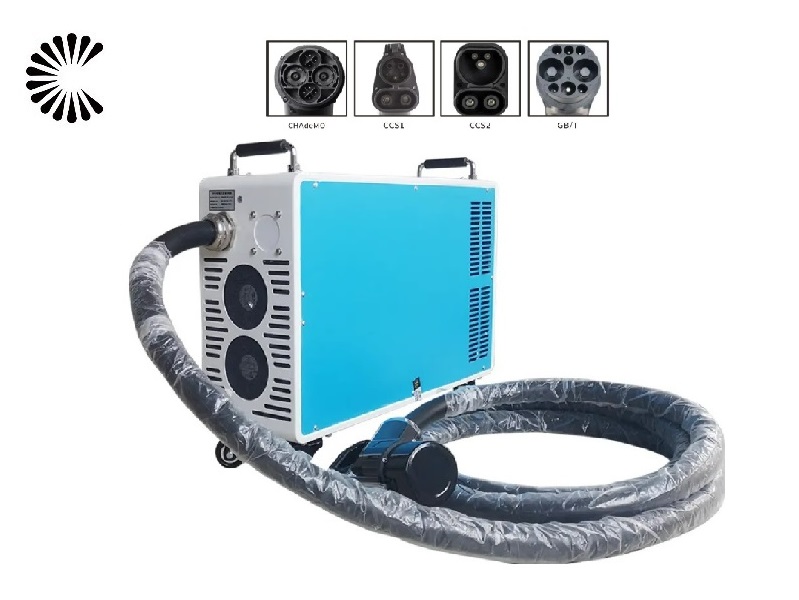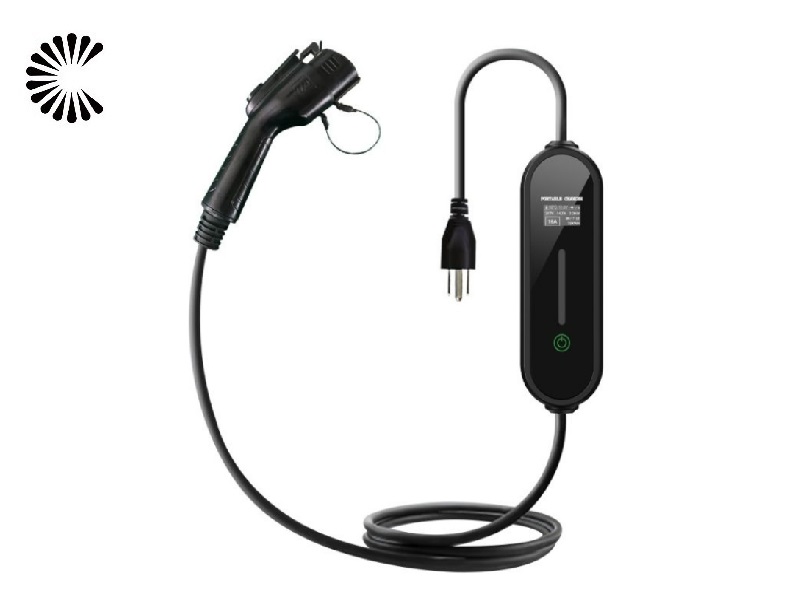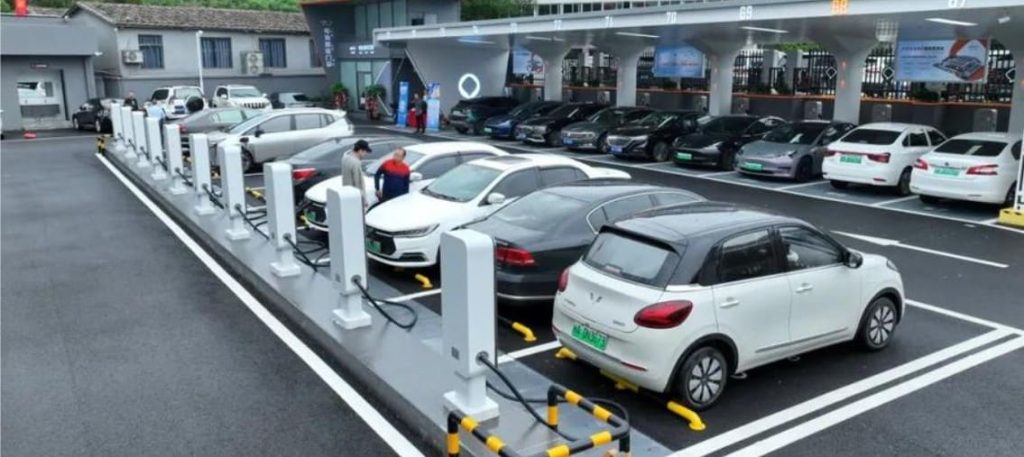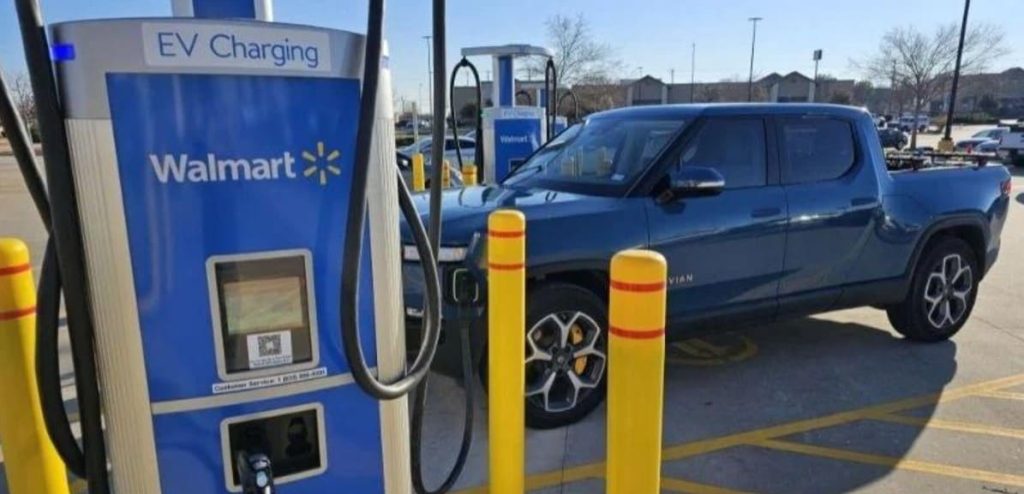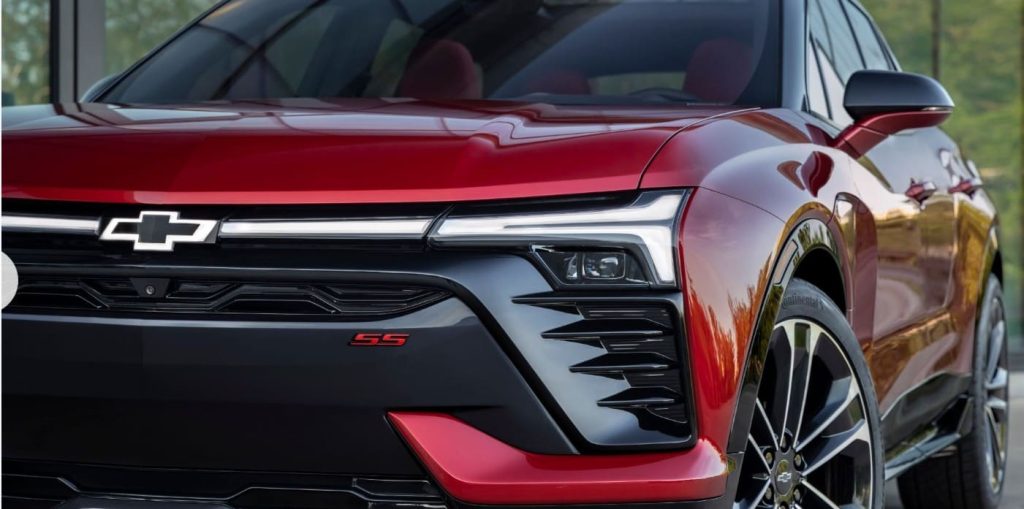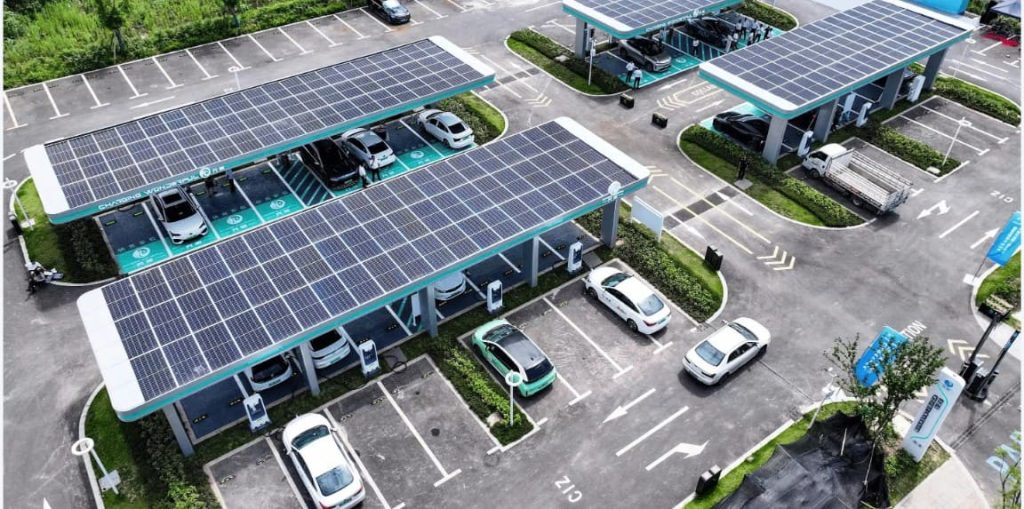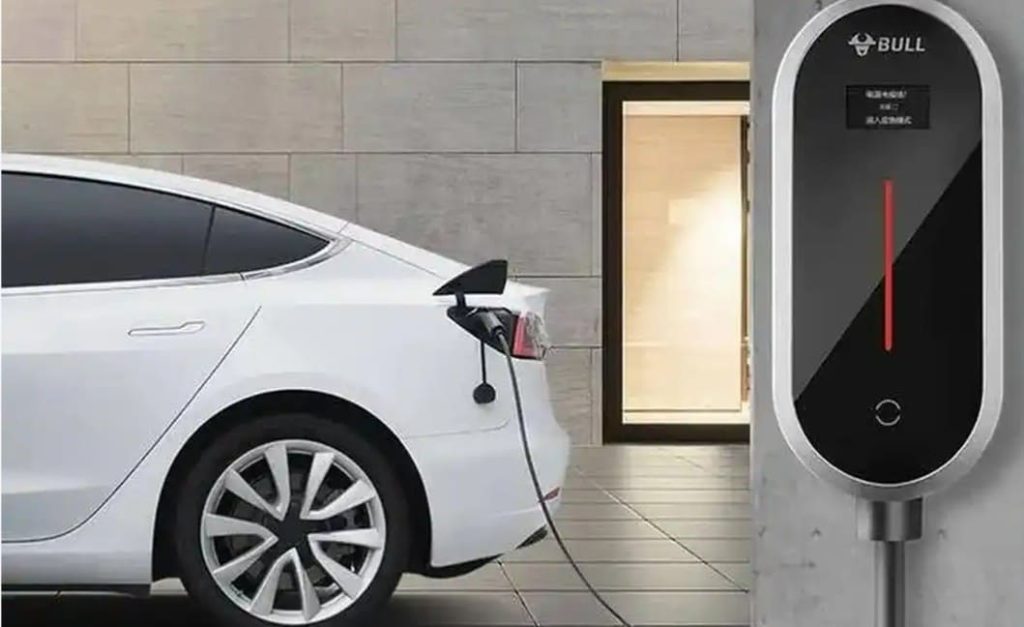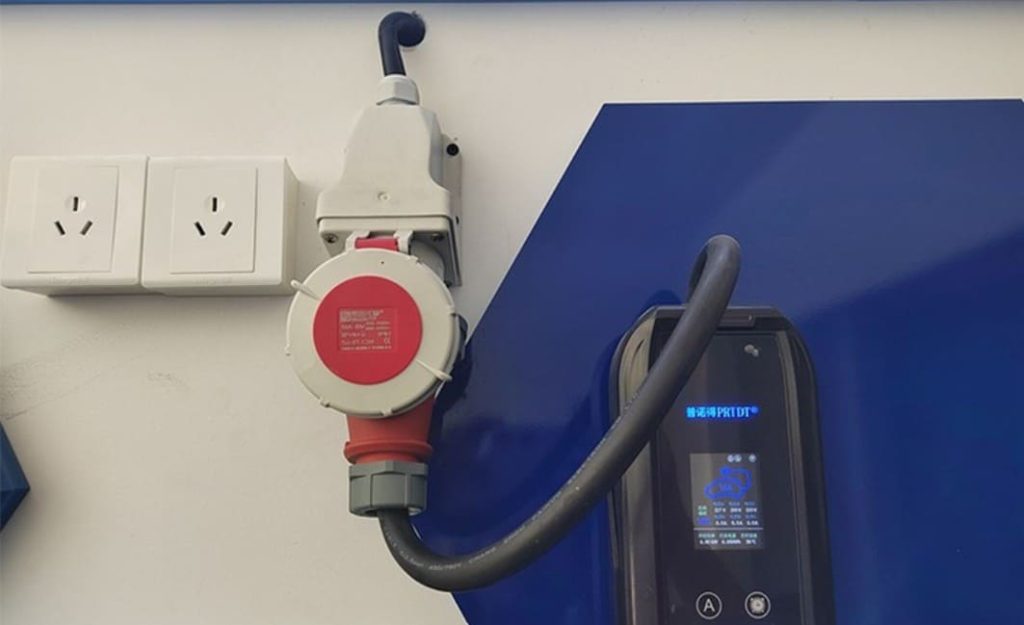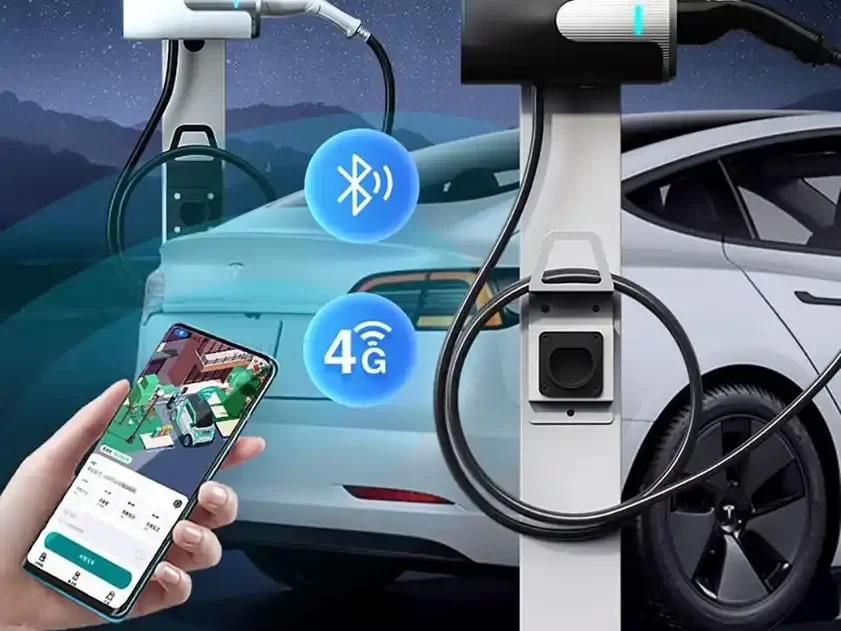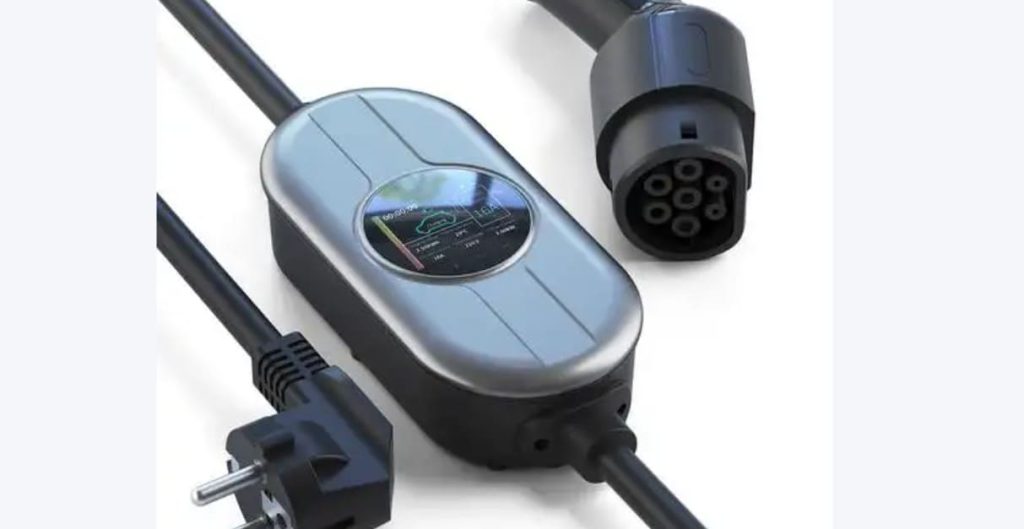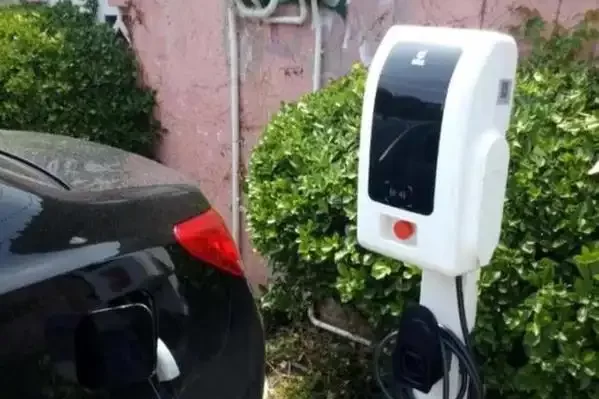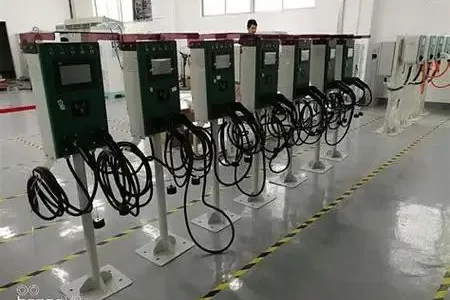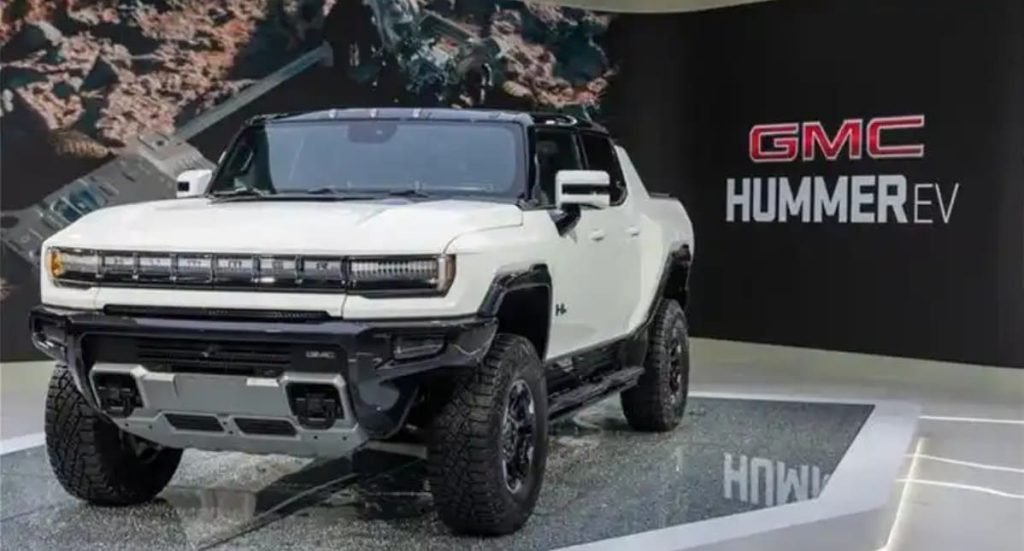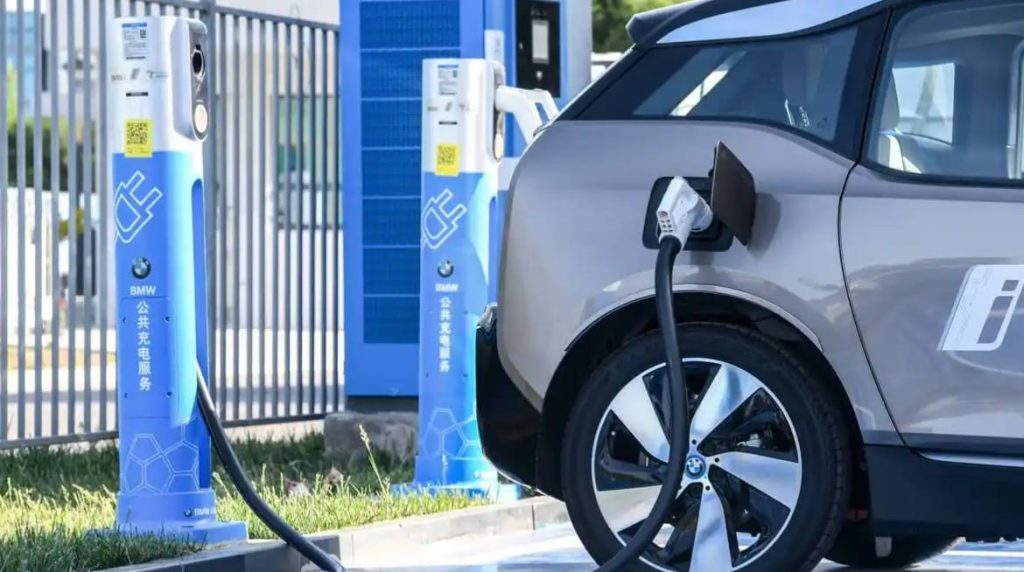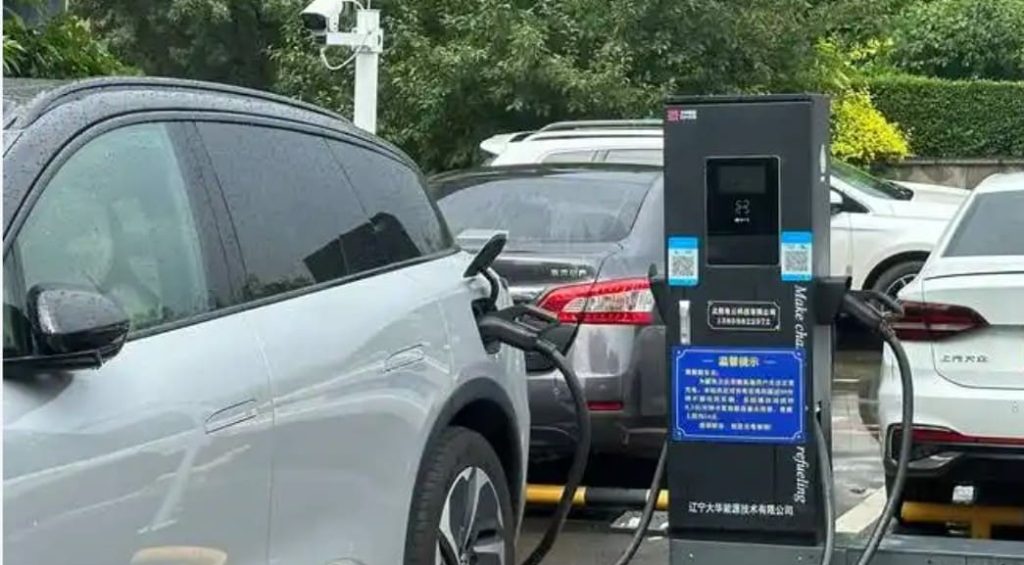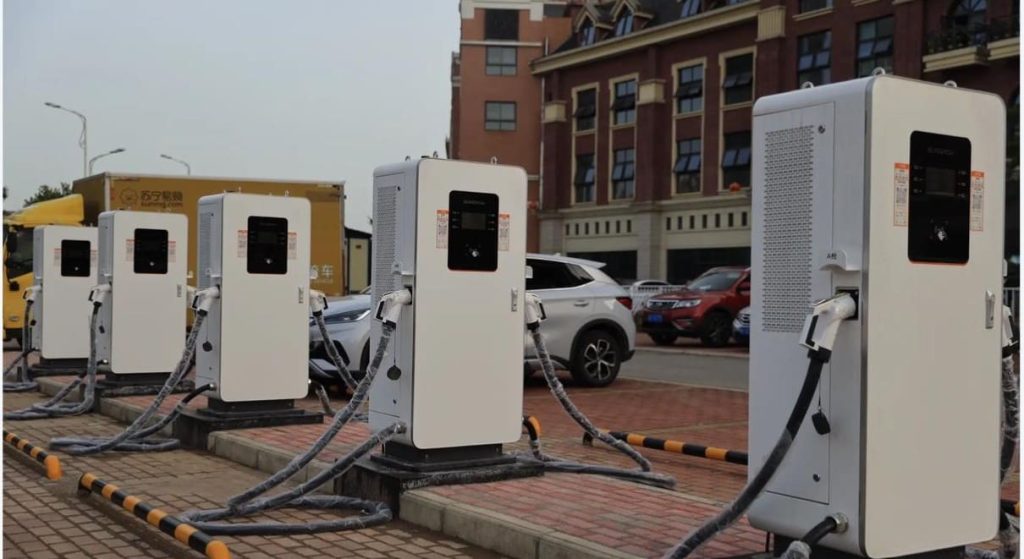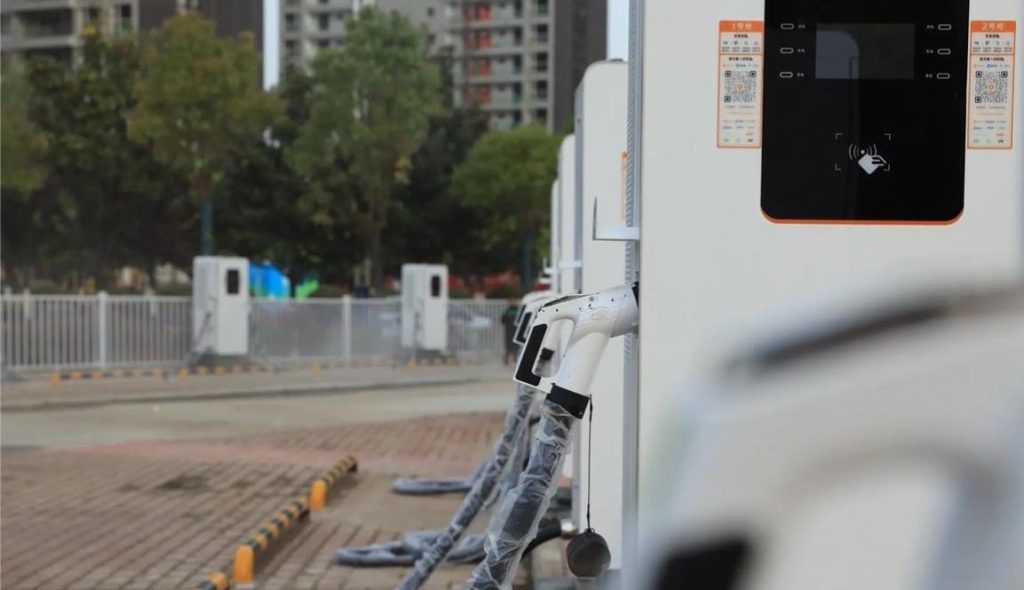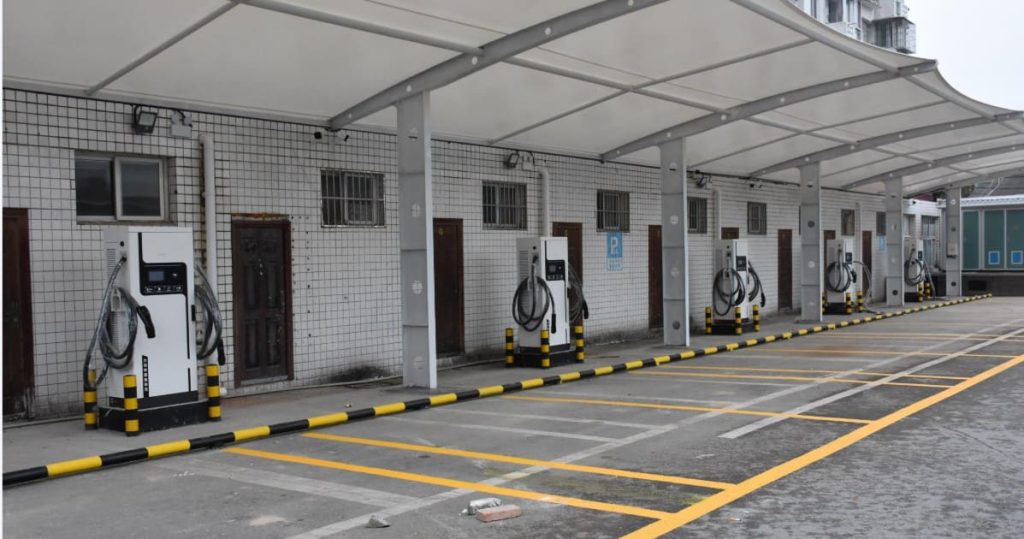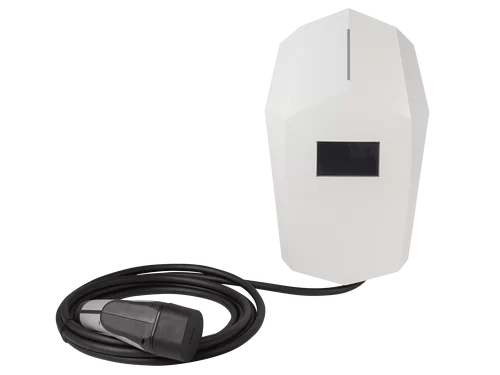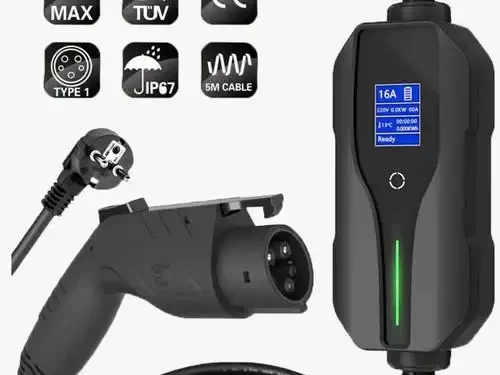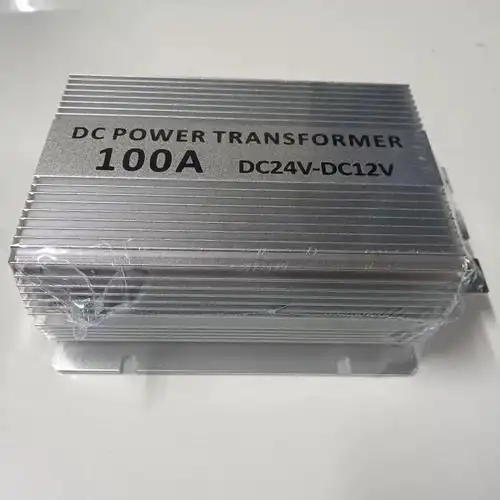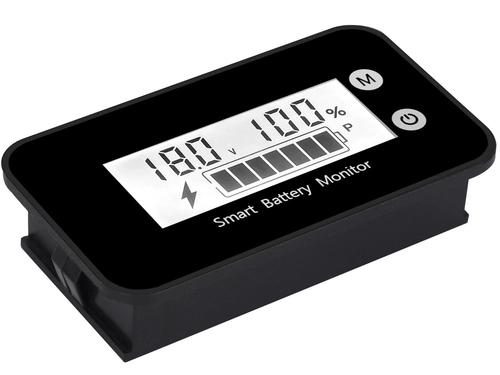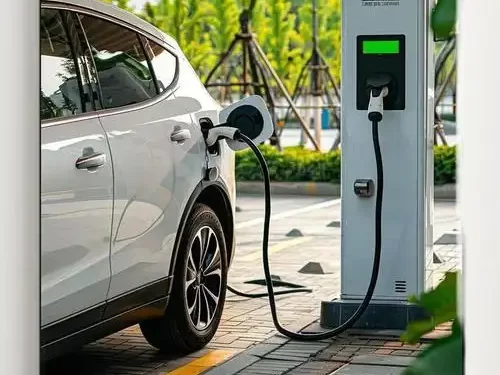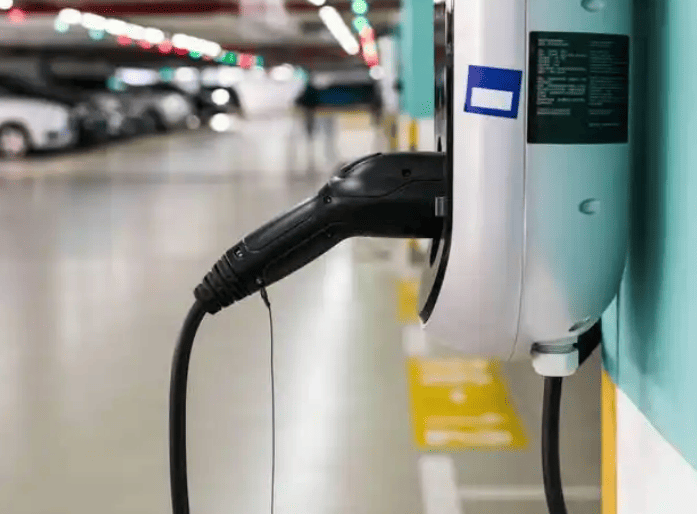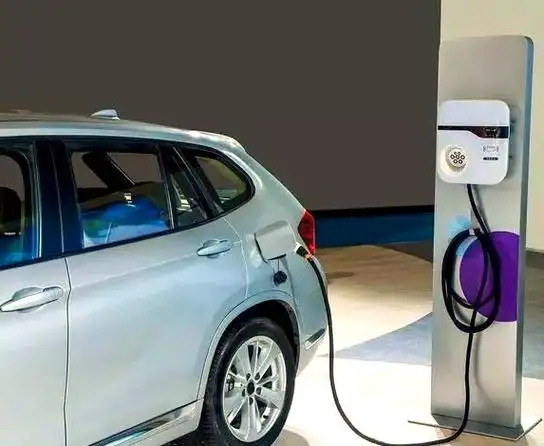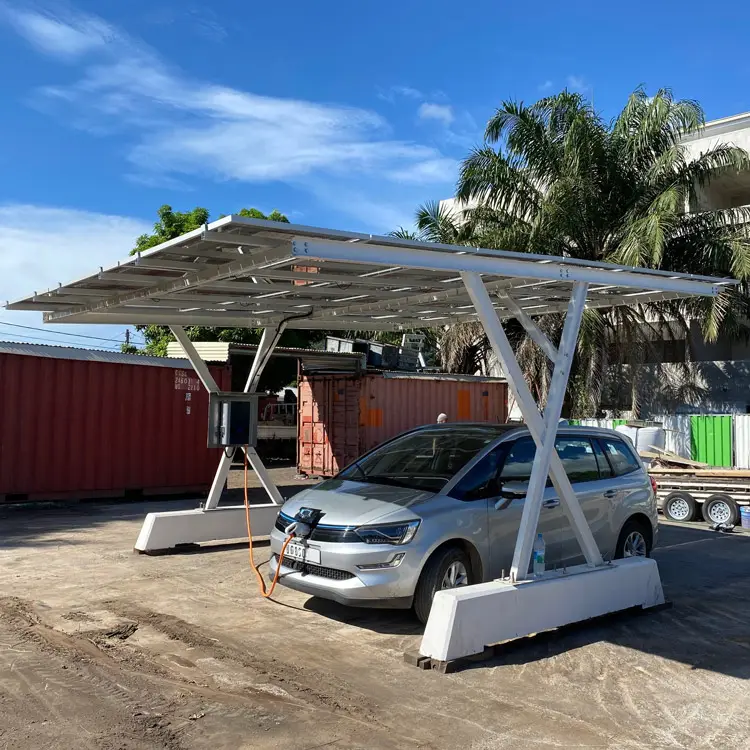EV Charger Manufacturer in Europe
[ez-toc]
The impending era of sustainable mobility heavily relies on the advancement of electric vehicle (EV) charging capabilities. With over nine million EVs already on European roads, constituting about 12% of overall adoption, key charging providers play a pivotal role in enhancing the infrastructure for individuals and businesses to embrace electric vehicles.

Here are the TOP 13 EV Charger Manufacturer in Europe:
The emergence of these top charging providers is poised to drive forward Europe’s embrace of electric mobility, ushering in a more sustainable transportation landscape.
FAQ (See more FAQ)
EV Chargers for Sale:
ChargersGO Factory Informations
Our EV Charger Factory Introduction:
| Business Type: | Manufacturer/Factory | Main Products: | EV Charger |
| Number of Employees: | 100 | Year of Establishment: | 2014.05 |
| Production Capacity | 5000Set/Year | After-sales Service: | Technical Support; on-line teach lessons |
| R&D Capacity: | ODM, OEM | Annual Output Value: | US$5 Million – US$10 Million |
| No. of R&D Staff: | 5 | No. of Production Lines: | 6 |
ChargersGO Factory is a reputable manufacturer specializing in Electric Vehicle (EV) Chargers. Our extensive product range includes slow chargers, fast chargers, DC EV Chargers, AC EV Chargers, commercial EV Chargers, home chargers, and EV chargers of various levels, including level 1, level 2, and level 3. All our products adhere to strict China GMP design standards, ensuring top-notch quality and performance. Additionally, we take pride in securing various certifications to ensure the reliability and safety of our chargers.
Business Philosophy:
“Quality is the main policy of sales” and “integrity is the principle of success” are the business philosophy of our people. We carry out one-year warranty, lifelong maintenance service, with technical consultation and other services, and long-term supply of equipment. Welcome new and old customers to negotiate cooperation!
Production Process:
The production of an Electric Vehicle (EV) charger entails a meticulous process aimed at delivering top-notch quality, safety, and performance. It involves several essential stages:
By adhering to this comprehensive production process, EV charger manufacturers ensure that their products are efficient, reliable, and safe, contributing to the broader adoption of electric vehicles and sustainable transportation.
By following a well-structured production process and adhering to strict quality standards, manufacturers can produce high-quality EV chargers that contribute to the growth of electric mobility and a greener, sustainable future.

Certifications:
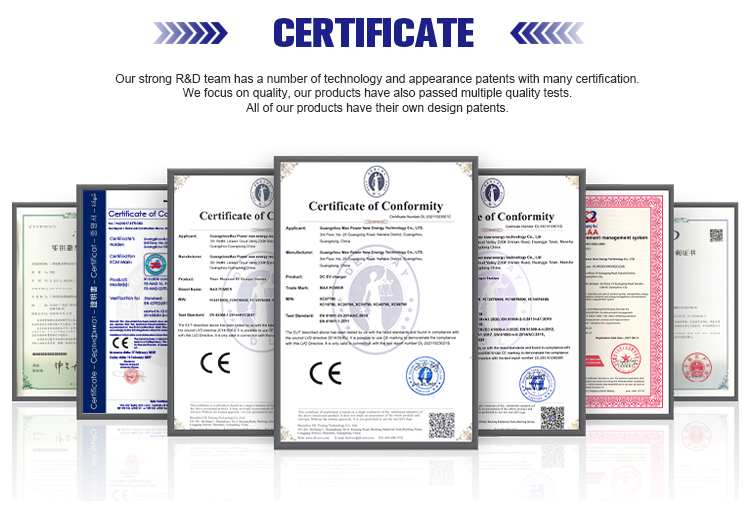
Small EV Charger Packing:
Retail and Wholesale Packaging of Small EV Chargers for Shipment
Retail Small EV Charger Shipment:
For retail orders, Small EV Chargers are shipped using express shipping methods.
Wholesale Small EV Charger Shipment:
For wholesale orders, Small EV Chargers are carefully packed in export fumigation-free wooden cases, suitable for bulk shipments or container transportation.
The primary objective of these packing measures is to safeguard the Small EV Chargers from any potential damage during sea shipment, ensuring they arrive at their destination in optimal condition. Employing correct packing procedures and utilizing high-quality materials minimizes the risk of harm during the journey.
Packing a Large EV Charger for Sea Shipment: Ensuring a Safe Voyage
Packing a large EV charger for sea shipment is a meticulous and demanding process, but with meticulous planning and precision, it can be done effectively to guarantee its safe arrival at the destination. Below are the essential steps a manufacturer may undertake when preparing a large machine for sea shipment:
Overall, packing a large EV charger for sea shipment demands precision and adherence to proper procedures. Employing high-quality materials and meticulous attention to detail ensures the machine’s safe and intact arrival at its intended destination. For added assurance, consulting a professional packing and shipping company can guarantee the machine is expertly packed and ready for its sea journey.
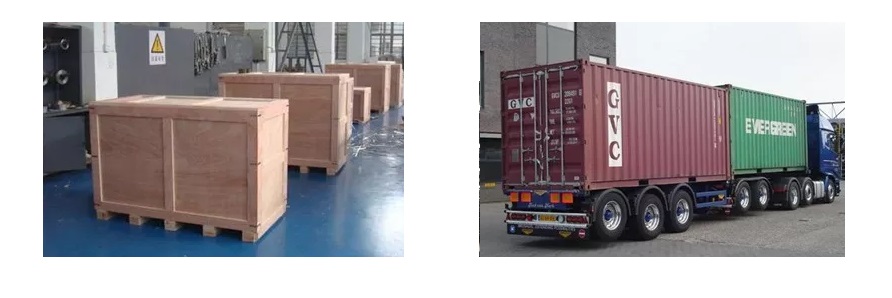

Installing an Electric Vehicle (EV) Charger requires careful planning and consideration to ensure a safe and efficient charging experience. Here is a step-by-step guide to the installation process:
It is crucial to have a licensed electrician perform the installation to ensure compliance with electrical codes and safety standards. Additionally, some EV charger manufacturers offer professional installation services, which can provide peace of mind and ensure a smooth and trouble-free installation process.

Applications of EV Charger:
In essence, Level 3 EV chargers are vital for scenarios where EVs need to be charged quickly and efficiently to meet the demands of busy individuals, travelers, commercial operators, and public transportation services.
It is appplicable for all kinds of charing protocols, Suitable for all kinds of new energy vehicles on the market,Applicable to a variety of electric vehicles, electric buses,Forklift,golf cartsightseeing cartractor, etc.
| CHAdeMO | Nissan leaf&NV200, KIA soul, CITRONEN C-Zero%Bendingo, Peu geot On, Mitsubishi l-Mev&outlander, Geely TX electric Taxi,Zero Motorcycles, Tesla Mode S(need adapter) |
| CCS | BMW i3,VW e-golf&e-up, Jaguar ipace, Tesla model 3, Hyundai ioniq&kona, Audi e-tron, OPEL ampere e, Chevrolet spark, Geely TX electric Taxi,Ford focus, Renault new Zoe |
| GB/T | BYD, BAIC,Chery, Geely, Aion S, MG, Xiao Peng, JAC, Zotype etc. |
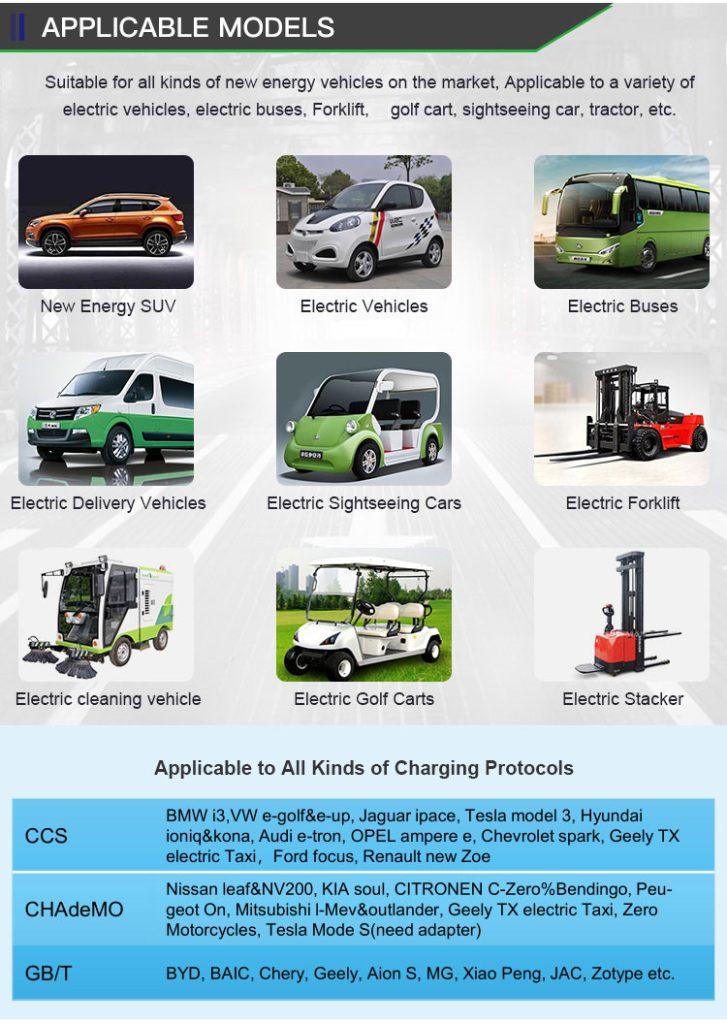
Wholesaler and supplier of EV chargers
ChargersGO stands as a wholesaler and distributor specializing in a comprehensive range of renewable energy products, catering especially to technical installers. Our portfolio encompasses charging stations, electric vehicle charging infrastructure, solar products, home batteries, and more. With a strong commitment to advancing sustainability, we serve as a reliable partner for professionals in the field.
Unveiling Our Role
As a leading distributor, ChargersGO orchestrates the delivery of over 60,000 orders annually to more than 7,000 proficient installers across 38 European countries. Our reach extends far and wide, enabling us to bring cutting-edge renewable energy solutions to diverse landscapes.
Charging Solutions Portfolio
Our diverse array includes various charging station configurations, spanning single-phase, three-phase, and hybrid single-and three-phase charging stations. Brands renowned for quality are readily available in our stock. Beyond charging stations themselves, ChargersGO enriches its offering with an array of EV charger accessories. These encompass an array of charging cables, concrete bases, and mounting posts, facilitating the seamless installation of charging stations.
Why Choose ChargersGO for Charging Stations?
ChargersGO emerges as the ultimate destination for renewable energy installers seeking top-quality EV chargers. Our distributorship embodies positive energy, as we passionately support visionary professionals in their pursuit of sustainable projects. We expertly manage products, ensure competitive pricing, and uphold timely deliveries, all in alignment with the mission of fostering a greener world.
Partnering with ChargersGO delivers a range of benefits, including:
- Prompt Delivery: Our efficient delivery system ensures your products reach you without delay, aiding your project timelines.
- Transport Perks: Orders surpassing 2500 euros enjoy the added advantage of free transportation.
- Premium Brand Selection: Access a comprehensive assortment of A-brands renowned for their performance and reliability.
- Flexible Payment Options: The option to pay afterwards streamlines your procurement process, providing convenience and flexibility.
At ChargersGO, we are committed to being the catalyst for your sustainable endeavors. Join us in driving positive change and shaping a more eco-friendly future.

